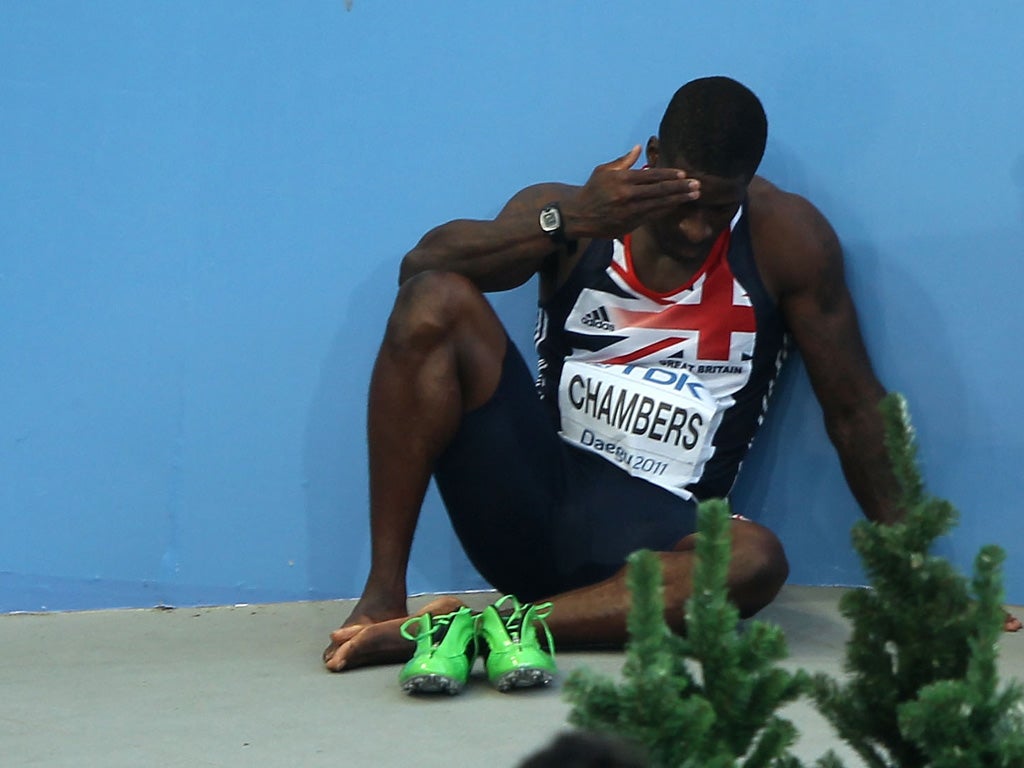Date set for Olympic drugs ban hearing

The British Olympic Association bylaw which enforces a lifetime Olympic ban on drugs cheats will face legal scrutiny by the Court of Arbitration for Sport on March 12.
The BOA have challenged the decision by the World Anti-Doping Agency (WADA) that the lifetime ban is "non-compliant" with their code.
A statement on CAS' official website http://www.tas-cas.org read: "In the CAS arbitration between the British Olympic Association (BOA) and the World Anti-Doping Agency (WADA), a hearing will take place on 12 March 2012.
"In accordance with the wish of the parties, the CAS should issue its final decision with reasons in April 2012."
If the BOA are defeated it means that cyclist David Millar and sprinter Dwain Chambers, who have previously served bans for drugs, will be able to be part of Team GB at the London 2012 Olympics.
BOA chairman Lord Moynihan said last month: "It is a policy that reflects the culture and character of Team GB. The BOA and British Olympic athletes do not consider that those who have deliberately cheated should represent Great Britain at the Olympic Games."
Two QCs, Lord David Pannick and Adam Lewis, will represent the BOA.
The presence of the heavyweight legal team reflects the challenge the BOA are facing. CAS came out against a similar International Olympic Committee rule, where serious doping offenders missed the next Olympics, in October and many Olympic figures believe the BOA are up against it.
Lewis, who led the Football Association's appeal against Wayne Rooney's three-match Euro 2012 ban last month, and Pannick will be joined by a third lawyer, Tom Cassels of Baker & McKenzie.
The BOA's appeal argues that the lifetime ban is an issue about being eligible for Team GB and is not an extra sanction for a doping offence.
The BOA say the by-law has enjoyed the support of more than 90 per cent of British athletes since it was brought in back in 1992.
Moynihan added: "The BOA selection policy is a direct expression of the commitment British athletes have made to uphold the values of fair play, integrity and clean competition - values that are at the heart of Olympic sport.
"The BOA and British Olympic athletes do not consider that those who have deliberately cheated should represent Great Britain at the Olympic Games."
PA
Join our commenting forum
Join thought-provoking conversations, follow other Independent readers and see their replies
Comments
Bookmark popover
Removed from bookmarks